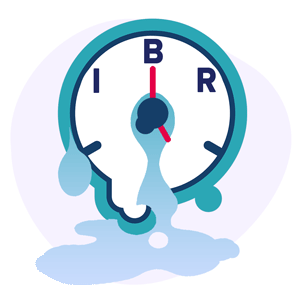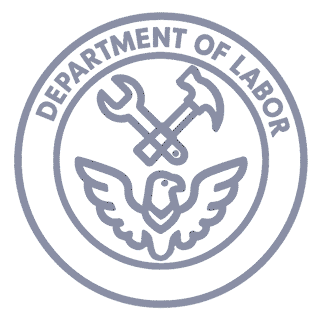Sedgwick’s Dismal EDI Grade Disaster
.gif)
Third-Party Administrator (TPA) Sedgwick Claims Management Services, Inc. has earned a solid “D” for its Electronic Data Interchange (EDI) performance, a dismal grade that signals the strain Sedgwick is putting on the entire workers’ comp system.
EDI is the digital infrastructure that undergirds workers’ comp electronic billing (e-billing). When executed correctly by both sides of the billing and payment cycle, EDI largely automates the process, ensuring accuracy, speed, and transparency.
However, the results are catastrophic when a payer as massive as Sedgwick fails at EDI. Sedgwick’s directs the flow of millions of employers’ premium dollars and profoundly impacts the entire system, including providers’ willingness to treat injured workers.
At the core of Sedgwick’s failure is a refusal or inability to reliably send providers electronic Explanations of Review (e-EORs, otherwise known as ‘835’ files) in response to e-bills. e-EORs:
- Close the billing loop by automatically posting payments to the provider’s e-billing system
- Show the provider exactly how much was paid relative to the fee schedule and/or the amounts billed
- Give employers and insurers the data necessary to audit and reconcile workers’ comp spending
According to verifiable daisyData from our Claims Administrator & Network Directory, e-EORs from Sedgwick were missing or faulty for 58% of bills. That means payment information is unavailable, delayed, or flawed beyond use the majority of the time.
For Sedgwick’s TPA clients (employers and insurers) this goes beyond a technical glitch; it’s potentially a financial blind spot. How can employers and insurers track where premium dollars go without complete, verifiable, and accurate payment information?
Below we list the top 10 workers’ comp payers by bill volume in daisyBill’s system. Sedgwick tops the list, but maintains the worst EDI grade among them, creating havoc for providers and financial uncertainty for its clients.
Sedgwick: First in Volume, Dead Last in Performance
Sedgwick’s peers, such as California’s State Compensation Insurance Fund, Liberty Mutual, and The Hartford, earned A+ and A- EDI Grades. Even other large TPAs like Gallagher Bassett and CorVel manage strong or respectable EDI grades.
In other words, there’s no excuse.
EDI is more than technology, it’s the plumbing of workers’ comp e-billing. When done right, EDI enables:
- Automation: Minimal manual data entry
- Standardization: Universal, structured data formats
- Efficiency: Faster processing and payments (daisyBill providers receive payment in less than 10 days on average)
- Accuracy: Fewer errors, and therefore fewer disputes
- Security: Protected medical and payment information
- Integration: Seamless syncing with payers’ and practices’ internal systems
When EDI fails, everything slows down significantly and nobody can follow the money.
A “D” in EDI from the nation’s largest claims administrator should set off alarm bells. For providers, it means massive amounts of avoidable administrative work and delayed pay. For employers and insurers, it potentially means zero visibility into how their money is spent.
If Sedgwick can’t handle the basics of e-billing, it’s fair to ask: What are employers and insurers paying for?
Concrete data show that EDI failures are avoidable, and consistently outstanding performance is more than possible.
If Sedgwick handles your claims, it’s time to start demanding answers regarding how this TPA spends your money. As the data clearly show, Sedgwick is a friction factory, generating unfathomable waste fueled by employer premiums.
daisyBill gives providers fast payment, administrative relief, and visibility into workers’ comp revenue. Click below to see more:
THE DAISY DIFFERENCE
DaisyBill provides content as an insightful service to its readers and clients. It does not offer legal advice and cannot guarantee the accuracy or suitability of its content for a particular purpose.





